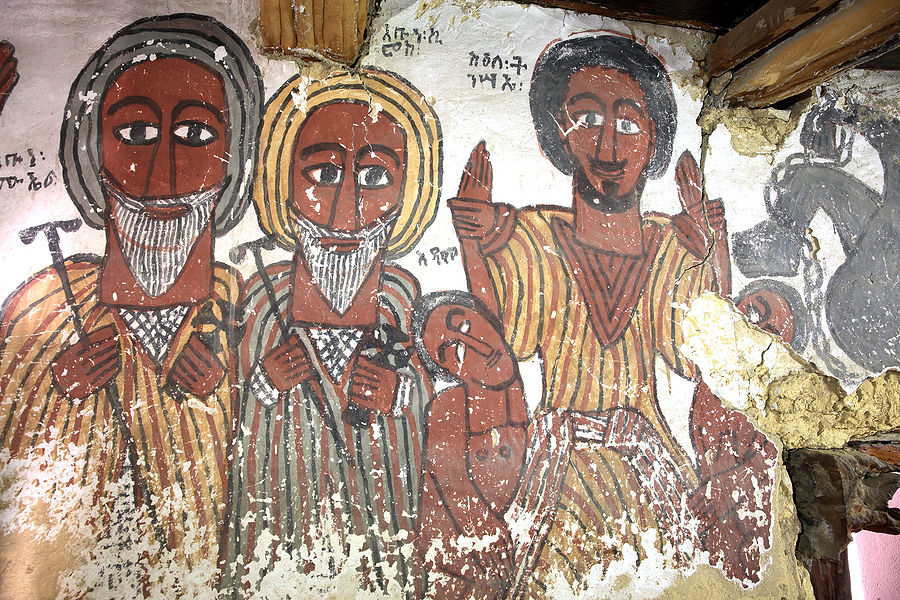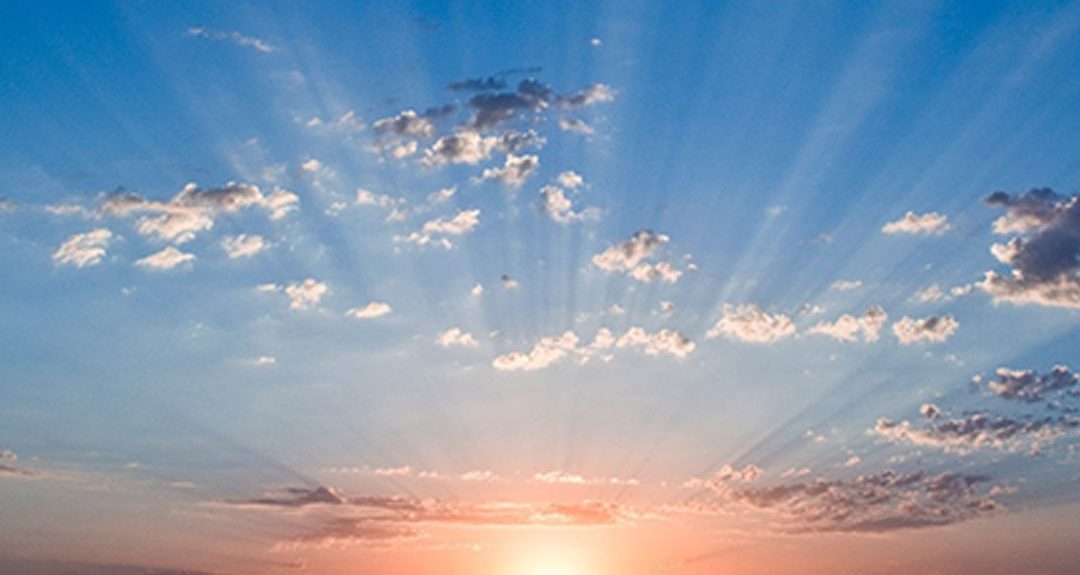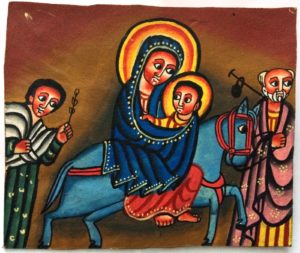
Black History in the Bible
These days Black history is in the news. People studying it, teaching it – even attempts to ban it. But Black history can’t be banned. It’s a history to remember.
Bible characters are usually portrayed as white and European, all except one of the wise men. But the spiritual history of Africa is imprinted in every book and chapter of the Bible beginning with Genesis. When God creates Adam out of the dust of the ground it contains the soil of Mesopotamia and the sun-warmed earth of Africa.
But it isn’t just earth and soil that indicates African presence in the Bible. It is the people themselves.
The lands of the Bible span the continents of Africa and Asia—both home to peoples of color.
People of African descent, Asian descent, and of mixed descent–Afro-Asiatics—all lived in ancient Israel. In general, the people of Ancient Israel were probably more African than Asian and they looked it.
Consider the story of Joseph. Sold into slavery and taken down to Egypt he rises in the ranks of Pharaoh’s government. While his brothers intend it for evil, God intends it for good; Joseph is able to bring his father and 11 brothers down to Egypt to escape a devastating famine.
This means all 12 tribes of Israel and their descendants live in Africa for over 200 years until Moses leads them to freedom. They go down as 70 souls and they come back one and a half million strong. Through intermarriage, African blood flows freely through their veins.
Even so, the people are called Hebrews, not Egyptians. Why? Not because of race or racism; that construct doesn’t come into existence until the 1600s. It is because of tribe. Tribal affiliation is what matters in the ancient world. Nevertheless: In the Bible, Hebrews and Africans are one and the same people. The first Hebrews are African and many Africans are Hebrews.
Long before slave ships bring Africans to American shores, many enslaved Africans already worship the God of the Bible. In fact, I went to seminary with a student from Kenya who told me that the African tribal practices of his people were straight out of the Old Testament. They’re living now like the Jews did millennia ago.
The African presence in the Bible can be traced even deeper in the Bible. Moses, “The Prince of Egypt,” is born of Hebrew slaves, but is raised by Egyptians. Remember how Moses’ mother and sister put him in a basket in the Nile so that Pharaoh won’t find him and kill him? But Pharaoh’s daughter finds him, keeps him, and raises him in the royal palace right under Pharaoh’s nose. Now if Pharaoh’s daughter and Moses look all that different, it stands to reason that Pharaoh would take the baby and kill him. But he doesn’t. Why? Probably because Moses fits right in: an Egyptian among Egyptians.
Moses isn’t the only one who fit right in. Here’s where it gets really interesting. Remember how Mary and Joseph take Jesus and flee when King Herod wants to kill him? Where do they go to hide out? Where do they go to find sanctuary? Where do they go to blend in? Egypt.
Now if Joseph, Mary and Jesus look all that different from the native Egyptians, they would never pass. But they do. They too had African blood flowing through their veins. Even Jesus. Especially Jesus.
As Dr. King so famously said, “…all life is interrelated. We are all caught in an inescapable network of mutuality, tied to a single garment of destiny. Whatever affects one directly, affects all indirectly.”
Black history is biblical history. Black history is all our history.
Originally published February 2019.
Copyright © 2023 rebekahsimonpeter.com. All Rights Reserved.




